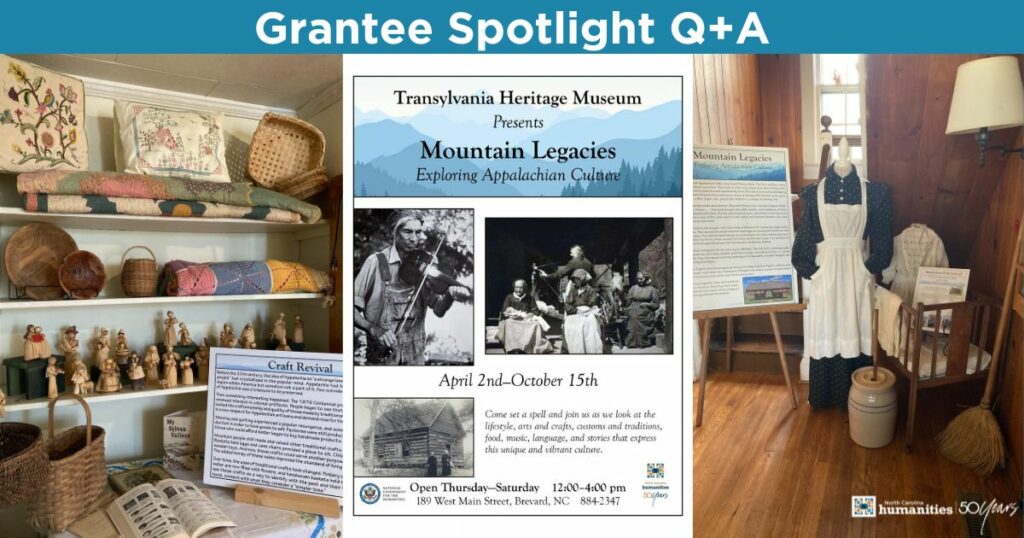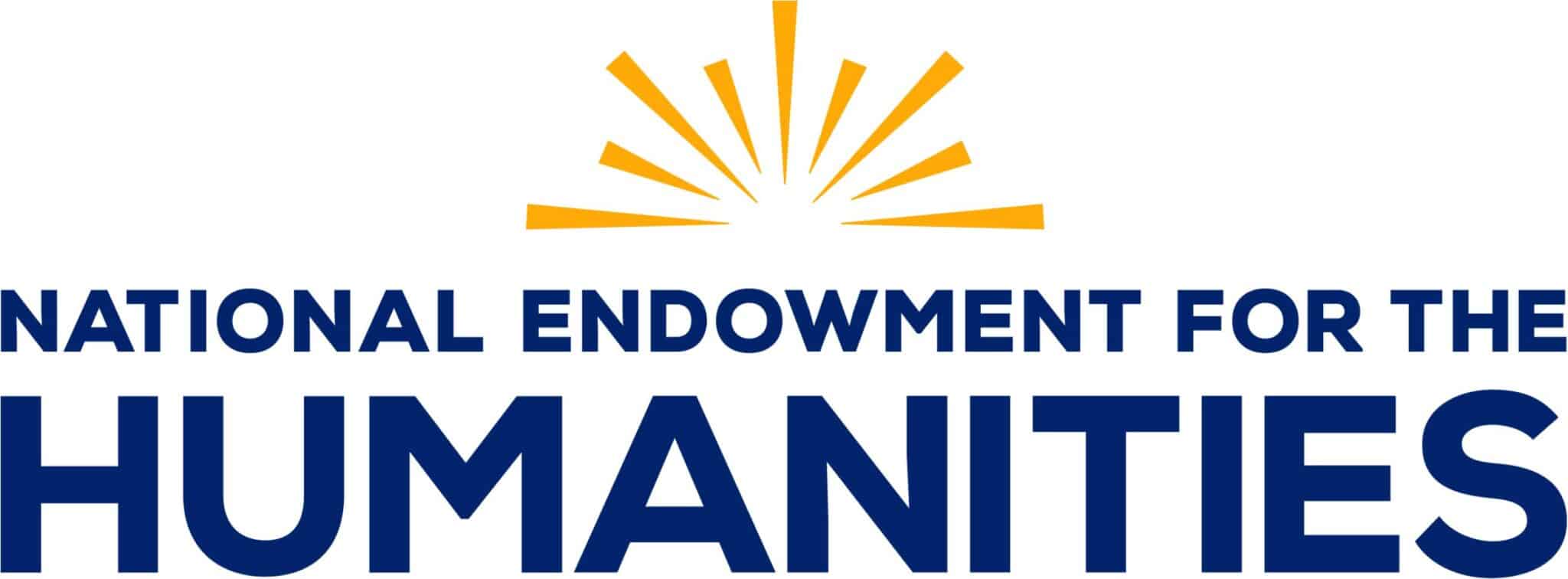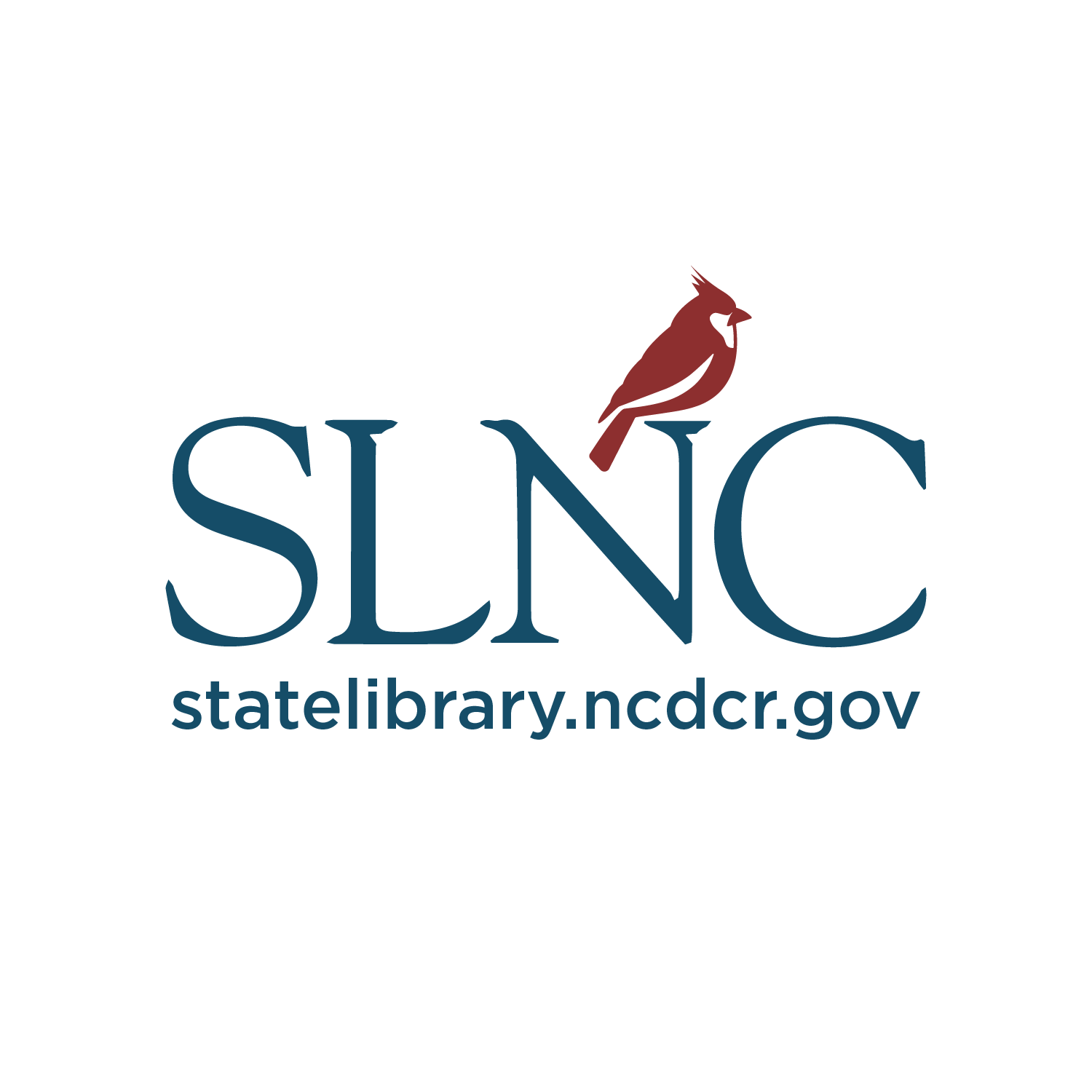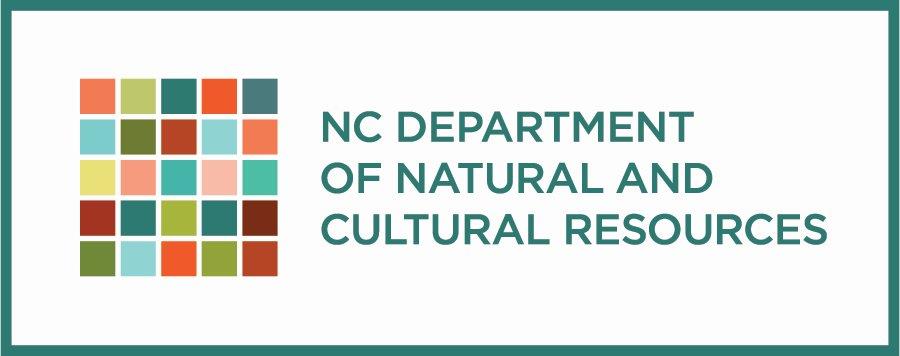Grantee Spotlight: A Q+A with Transylvania Heritage Museum
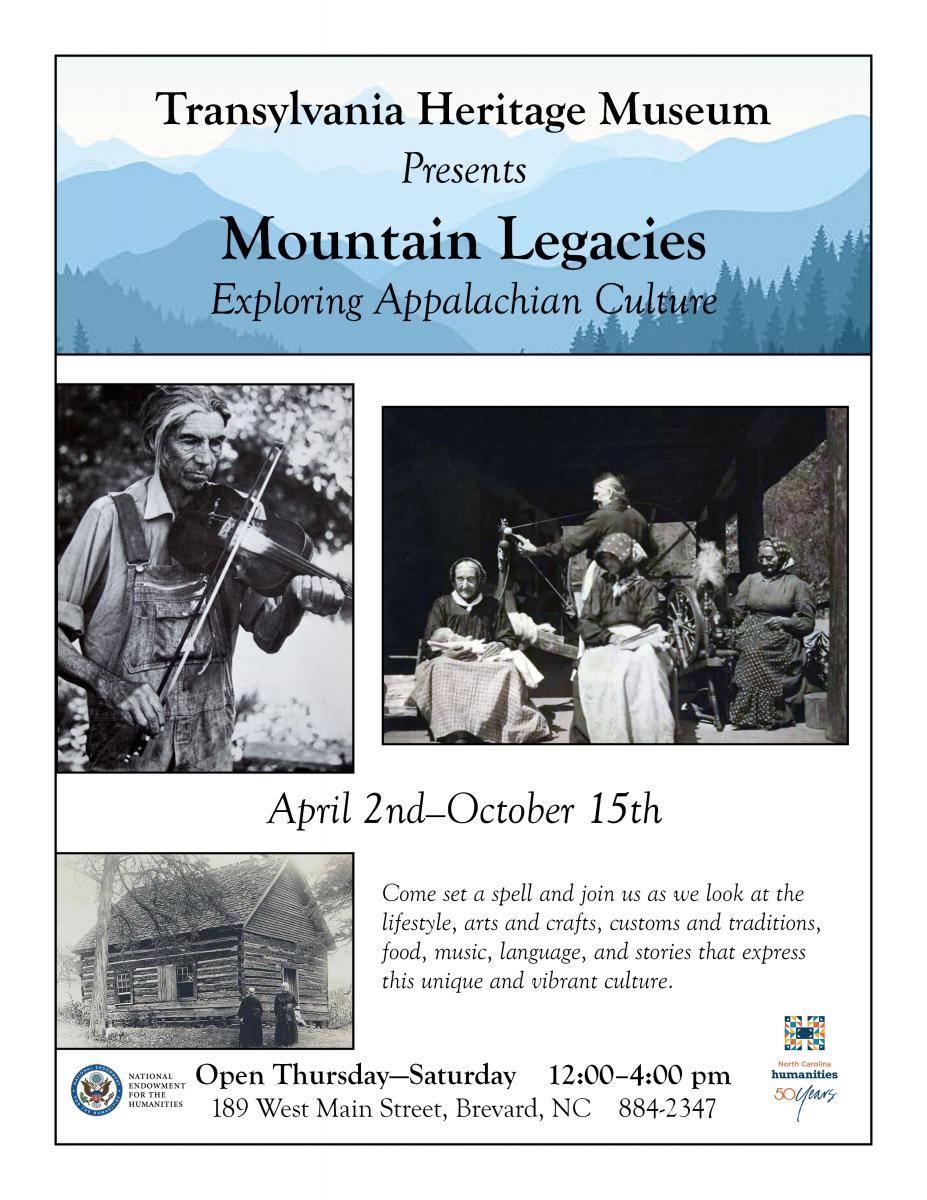
(October 26, 2022) CHARLOTTE, N.C. –
Community visioning is a powerful thing.
In 2008, a group of passionate community members from all different walks of life had a vision: to create a local heritage museum in Brevard, North Carolina. To the group, it was important that the museum showcase not just historical facts, but also local stories and people, to help make history and heritages come alive and be relatable.
In 2022, North Carolina Humanities awarded a Community Engagement Grant to Transylvania Heritage Museum to support their exhibit “Mountain Legacies: Exploring Appalachian Culture” and related programming.
The exhibit was created by a team of dedicated people from the area to explore the origins of modern Appalachia including Cherokee influences, settlement by European religious and ethnic minorities, and others who have made the mountains their home. Each of these people brought their own cultures and traditions to the region, which created a whole new culture: Appalachian culture.
We connected with Rebecca Suddeth, Curator and Director of Transylvania Heritage Museum and eighth generation Transylvania County resident, to learn more about Appalachian culture and the importance of challenging stereotypes through meaningful conversations.
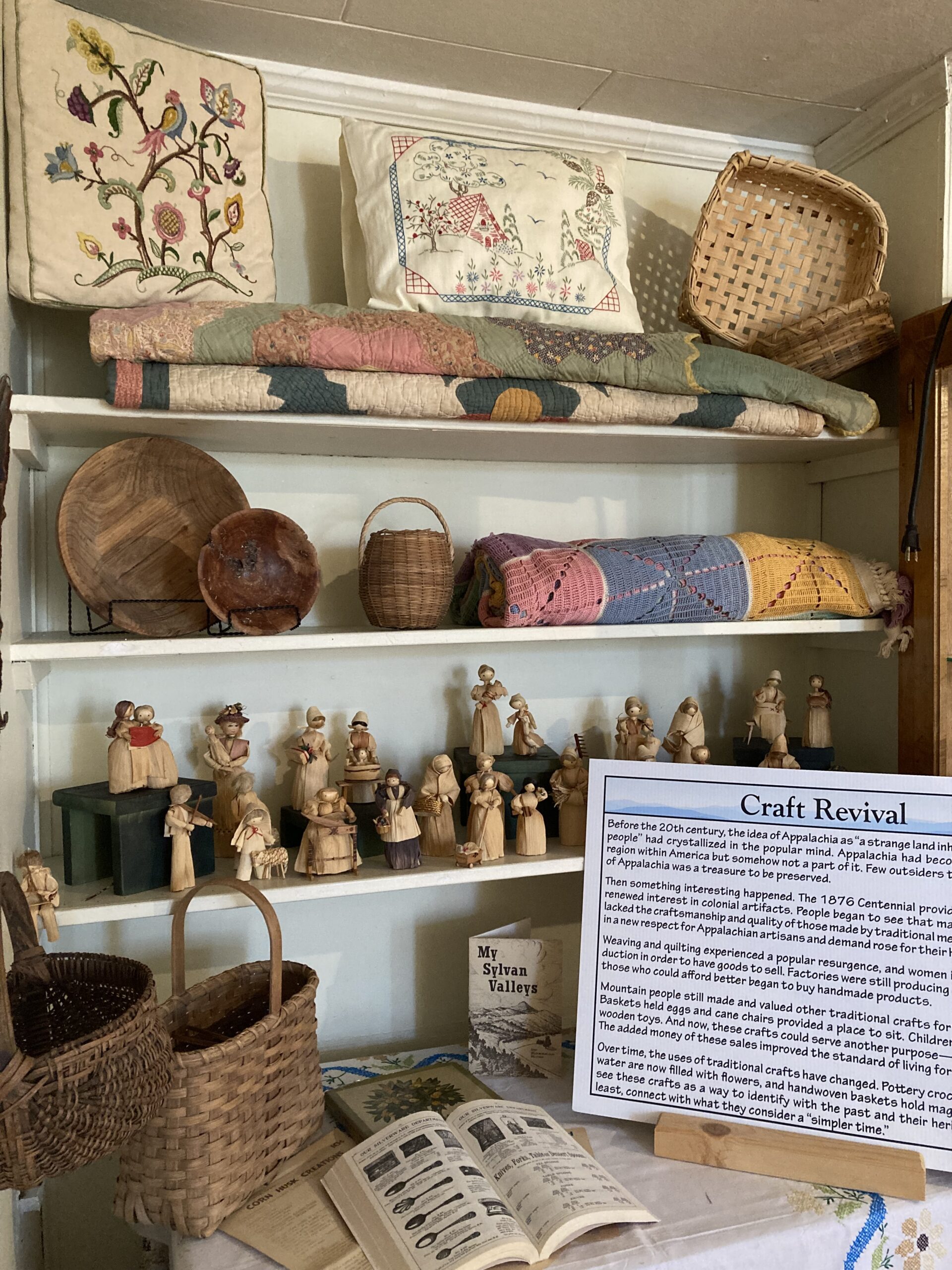 Why is conversation an important part of challenging stereotypes?
Why is conversation an important part of challenging stereotypes?
Rebecca: Appalachian culture is among the most stereotyped groups in television and movies. I believe that the way you get past stereotypes is to sit down and talk with people. It seems like 95% of issues can be settled with conversation.
We curated this exhibit to share the cultures and heritages of Appalachian Americans, to educate people, and to challenge those preconceived notions. Thanks to NC Humanities we were able to offer programming done by people who are Appalachian Americans, which gave our guests a unique and authentic experience. I think the thing people came away with after seeing the exhibit or attending our programs, was that there was a lot more to the culture than what is seen on TV. Once you see our exhibit; you meet the people; you hear their stories; that really helps dispel a lot of stereotypes.
What were some of the programs you offered in conjunction with this exhibit?
Rebecca: We had so many great programs! We did a folk medicine program. We put together a program called “Where’d you come from and where’d you go?” which featured an Appalachian storyteller, John Fowler. We had a video program series entitled “Women in Appalachia”. We offered programs on Appalachian humor, word usage, and sayings, tracing these things back to Irish or Scottish culture. The next program we have upcoming is about Cherokee culture and its influence on Appalachian culture. One of the last programs of the year we are doing is related to Appalachian Christmas: a blending of French, German, Scottish, and English traditions and musical instruments.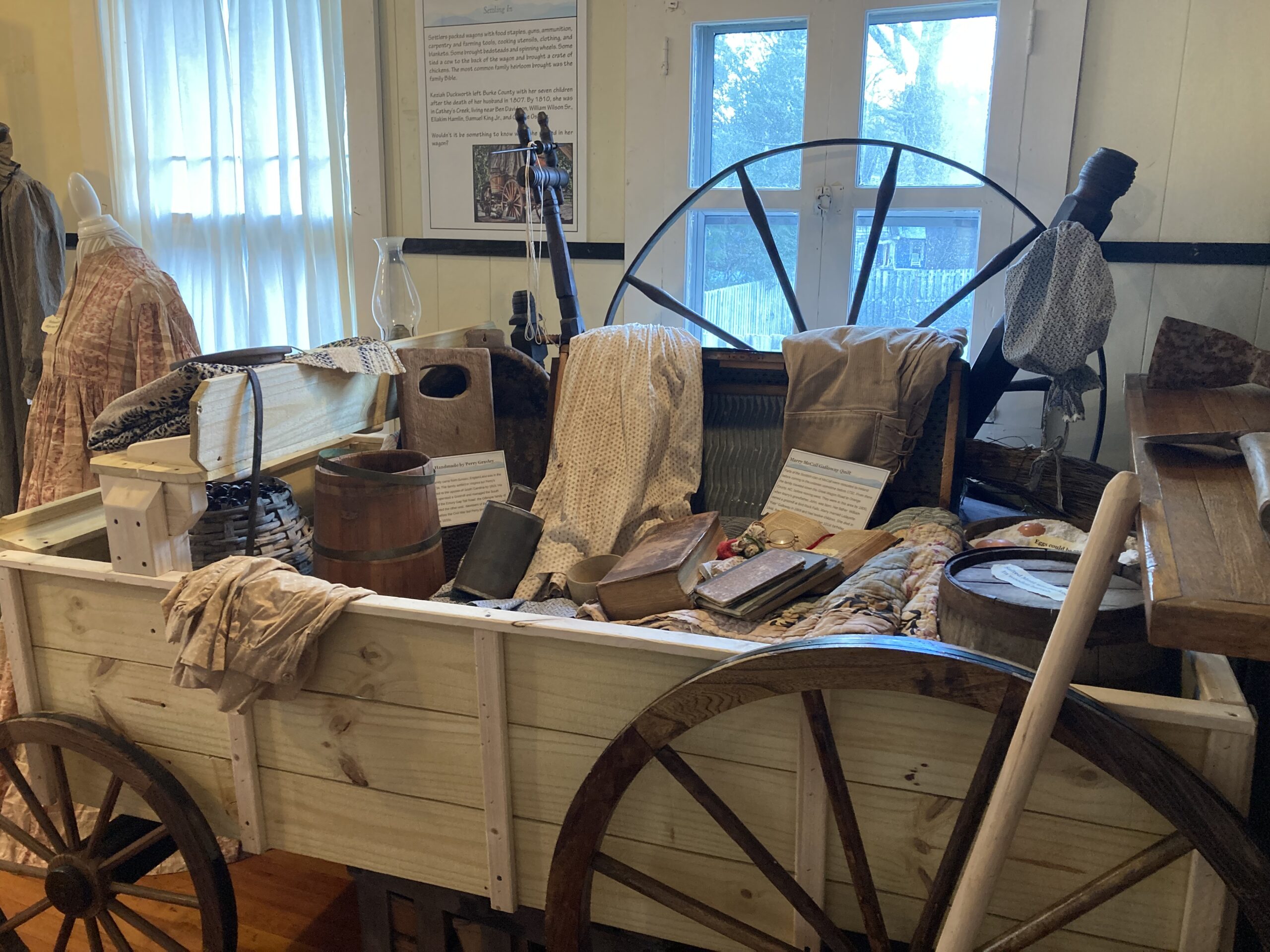
What did support from North Carolina Humanities help the museum accomplish?
Rebecca: The first program we worked with NC Humanities on was in 2008, the first year we opened, and we have been fortunate to work with NC Humanities consistently since then. One of the biggest exhibits and program series we’ve done explored African American history in Transylvania County. That exhibit was funded in part by NC Humanities and is still on view today, both at the Morris Education Building and the new Mary C. Jenkins Community Center in the Rosenwald Community.
For this “Mountain Legacies: Exploring Appalachian Culture” exhibit, NC Humanities’ support allowed for our robust programming and for us to print large, colorful maps showing Appalachian migration patterns. The quality of our programming was enhanced thanks to support from NC Humanities.
Last year, we also received an American Rescue Plan Humanities Grant from NC Humanities to support our operations amid COVID-19. We would not be in operation without that support. We would literally be closed. We are a free museum, so we rely on donations and community partnerships, all of which took a hit during COVID. We could not have survived through that time without NC Humanities. You helped us survive.
What’s coming up next at the museum?
Rebecca: “Mountain Legacies: Exploring Appalachian Culture” wrapped up earlier this month, but we are already planning for next year! Because the exhibit and programming were so well received, we’re going to display this exhibit again next year! We are going to change the displayed objects and offer new programming because, with any culture, there’s so many aspects to share and learn about. We also hope to create additional opportunities for dialogue. We hope to create a safe place to explore our similarities and differences and encourage curiosity without being judgmental. To listen and learn to understand is hard, but it’s so important.
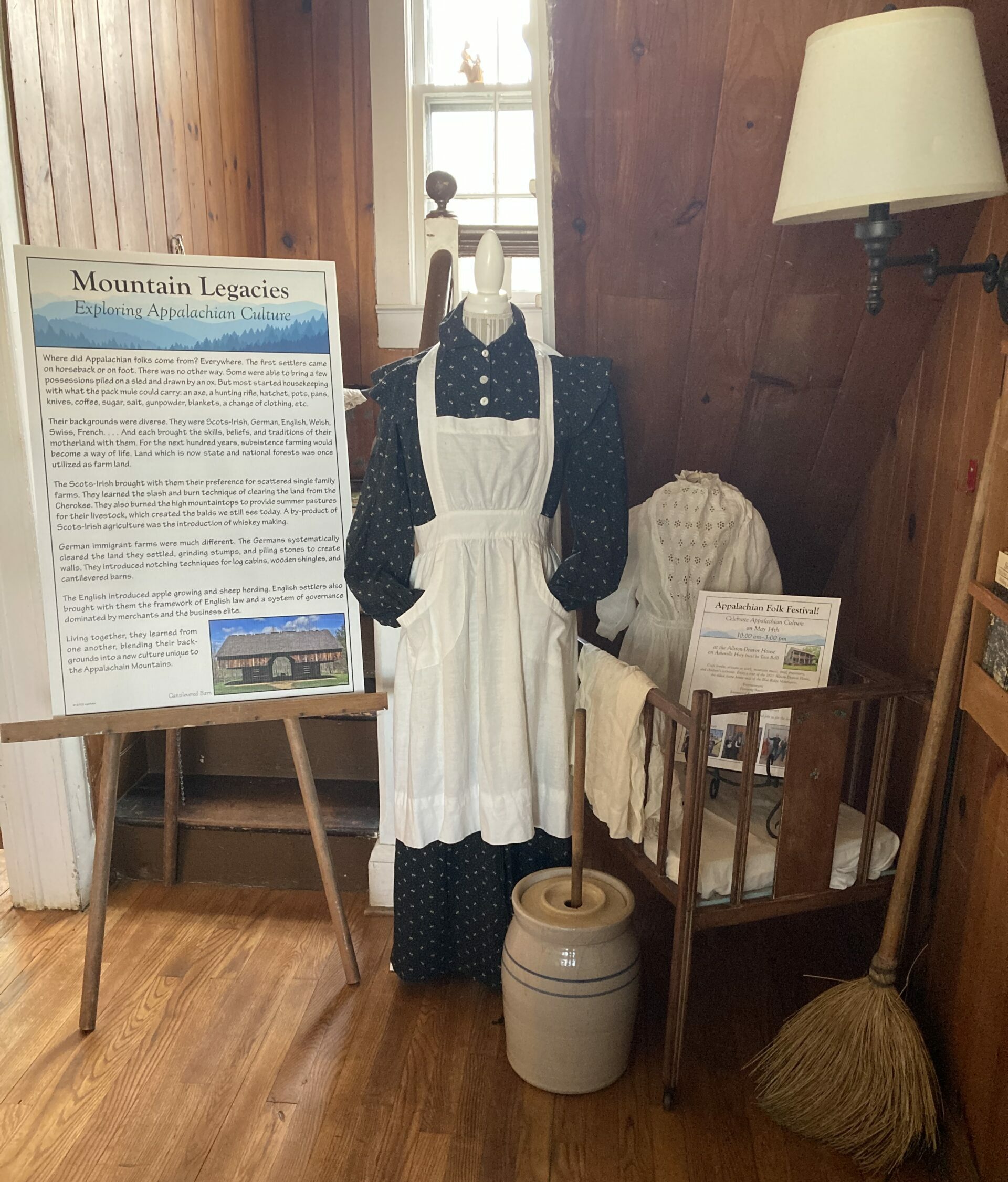 How can people support the museum?
How can people support the museum?
Rebecca: We are a fully volunteer-based organization, so we always need volunteers! We need volunteers to help with the building but also do research and marketing! We are a free museum, so donations are also greatly appreciated. You can go to transylvaniaheritage.org and click “Donate Now” to donate. This year we are asking 100 people to donate $10 a month to help sustain our work for years to come.
About North Carolina Humanities’ Grantee Spotlights: In celebration of our 50th anniversary, NC Humanities Grantee Spotlights shine a light on the incredible work of our grantee partners, offering details about their funded project, and feature a Q&A with a team member associated with the organization.
Photo Credits: Transylvania Heritage Museum


